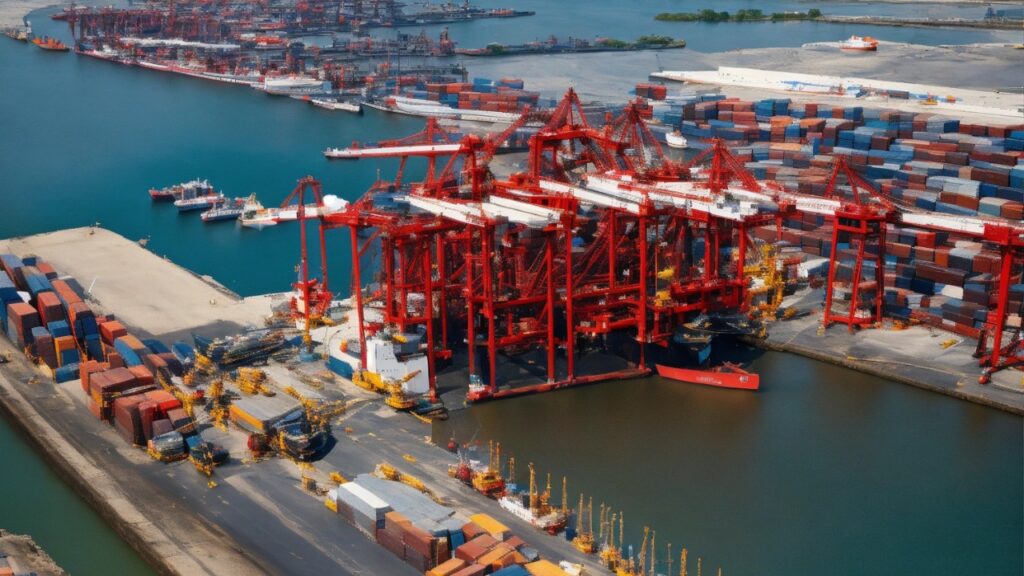India is actively working towards becoming a major global shipbuilding hub by identifying key coastal regions in Tamil Nadu, Gujarat, and Andhra Pradesh for large-scale shipbuilding facilities. A major project in Thoothukudi, Tamil Nadu, could see the establishment of a shipyard worth Rs 10,000 crore through a collaboration between Cochin Shipyard Limited (CSL) and South Korea’s HD Hyundai. This initiative, backed by favorable government policies, is designed to significantly increase India’s share in the global shipbuilding market.

The Indian government has earmarked coastal land in these states to build advanced shipbuilding and repair facilities, marking a bold step toward transforming India into a global maritime hub. One of the initial projects includes the Rs 10,000 crore shipyard in Thoothukudi, where CSL is negotiating with HD Hyundai to build large vessels for international trade. Though HD Hyundai has yet to confirm the deal, sources suggest an agreement is imminent, with Thoothukudi emerging as the preferred location for this joint venture. CSL has not yet commented on the matter.
Alongside this development, the finance ministry is finalizing an Rs 18,090 crore financial support policy for shipbuilding and a Rs 25,000 crore maritime development fund, as outlined in the Union Budget for 2025-26. These initiatives aim to provide capital for the creation of world-class shipyards, including necessary infrastructure like breakwater protection and capital dredging.
The government is also positioning land in Gujarat and Andhra Pradesh to attract global investments in shipbuilding. Companies from countries such as France, the Netherlands, and the Middle East have already shown interest in India’s growing maritime sector, with the country looking to reduce its reliance on East Asian shipyards. India currently holds less than 1% of the global shipbuilding market, but new policies aim to propel India into the top 10 shipbuilding nations by 2030, with ambitions to reach the top 5 by 2047.
In addition to its shipbuilding efforts, India is also strengthening its shipping capabilities through Bharat Container Line, a proposed national container carrier aimed at reducing dependence on foreign-flagged vessels and improving control over trade routes. The government’s shipbuilding policy, which was first introduced in 2015, has been expanded to encourage contracts for vessels with green fuel technology and those used in specialized marine applications, such as wind farm installation ships.
As India lays the groundwork for a maritime renaissance, partnerships like the one between HD Hyundai and CSL are expected to be the first of many aimed at reshaping the country into a global leader in maritime manufacturing and logistics.
